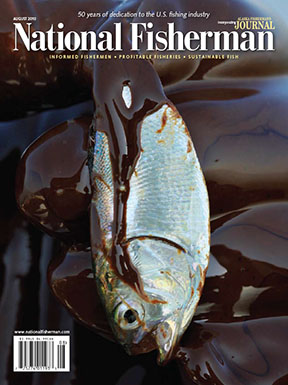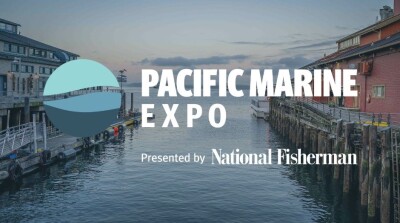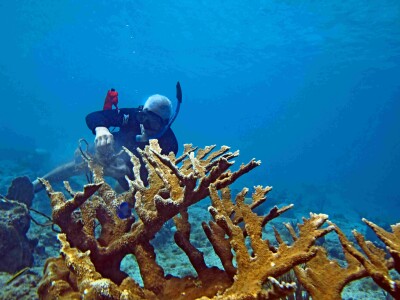BP can't shift responsibility for the cause of the 2010 Gulf of Mexico oil spill. But four years later it can — remarkably — portray itself as a victim.
It's a supposed victim of its own settlement: That plan allowed businesses with no direct connection to the gulf to file for damages if they could show a loss of income during the spill. This, not surprisingly, led to many, many claims being filed. Some of those claims are far-fetched. Some are fraudulent. Because of this, the company is now seeing the error of its ways and trying to shift the blame.
“It’s not just bad for this company that illegitimate, dubious claims are being paid to the tune of hundreds of millions of dollars; it is bad for, dare I say, America,” Geoff Morrell, senior vice president for communications and government affairs at BP America, told the New York Times. That article describes how the company shifted its position on the settlement.
There are some problems with this new role for BP. The company's own legal team "not only helped create, but also fought for and hailed" the settlement.
BP's legal and PR battle against its own settlement has led to a more complex, 88-page-long claims policy. It also hasn't helped fishermen and others who do make their living off the Gulf of Mexico. In the article, gulf shrimper Barry Labruzzo says he was offered only $14,500 when he had expected $188,000 and was asked for financial information he had already submitted.
A look back at National Fisherman's coverage of the spill shows this is nothing new. Fishermen and seafood dealers have been jumping through hoops to prove their losses since 2010.
In our August 2010 issue, writer John DeSantis talked to people on the gulf who were having trouble reaching the claims center, or were challenged with coming up with financial records because they were destroyed during hurricanes Gustav and Ike in 2008.
Shrimpers and seafood dealers were also frustrated by damage calculations based on a decade of historically low prices that were just rebounding when the oil started to gush.
They fought to maintain a positive attitude and (unfortunately) correctly predicted the long road ahead.
"Now we need to lift each other up, because it is going to be a long haul," said Anna Luke, wife of fisherman Henry Luke of Houma, La. "If we keep knocking down BP or knocking down the Coast Guard it is not going to let us get anywhere but sickness in the body. It has been a learning process for all of us."
I think we're still learning. The most recent lesson is one in public relations.







